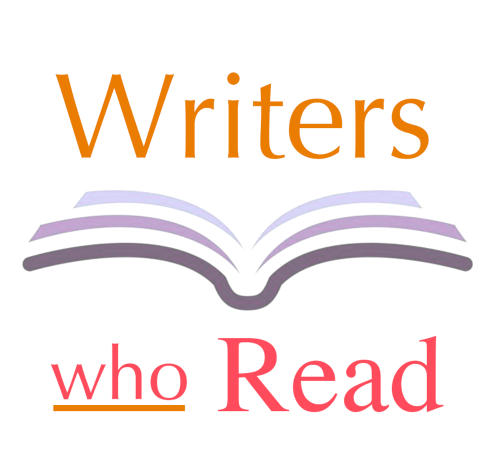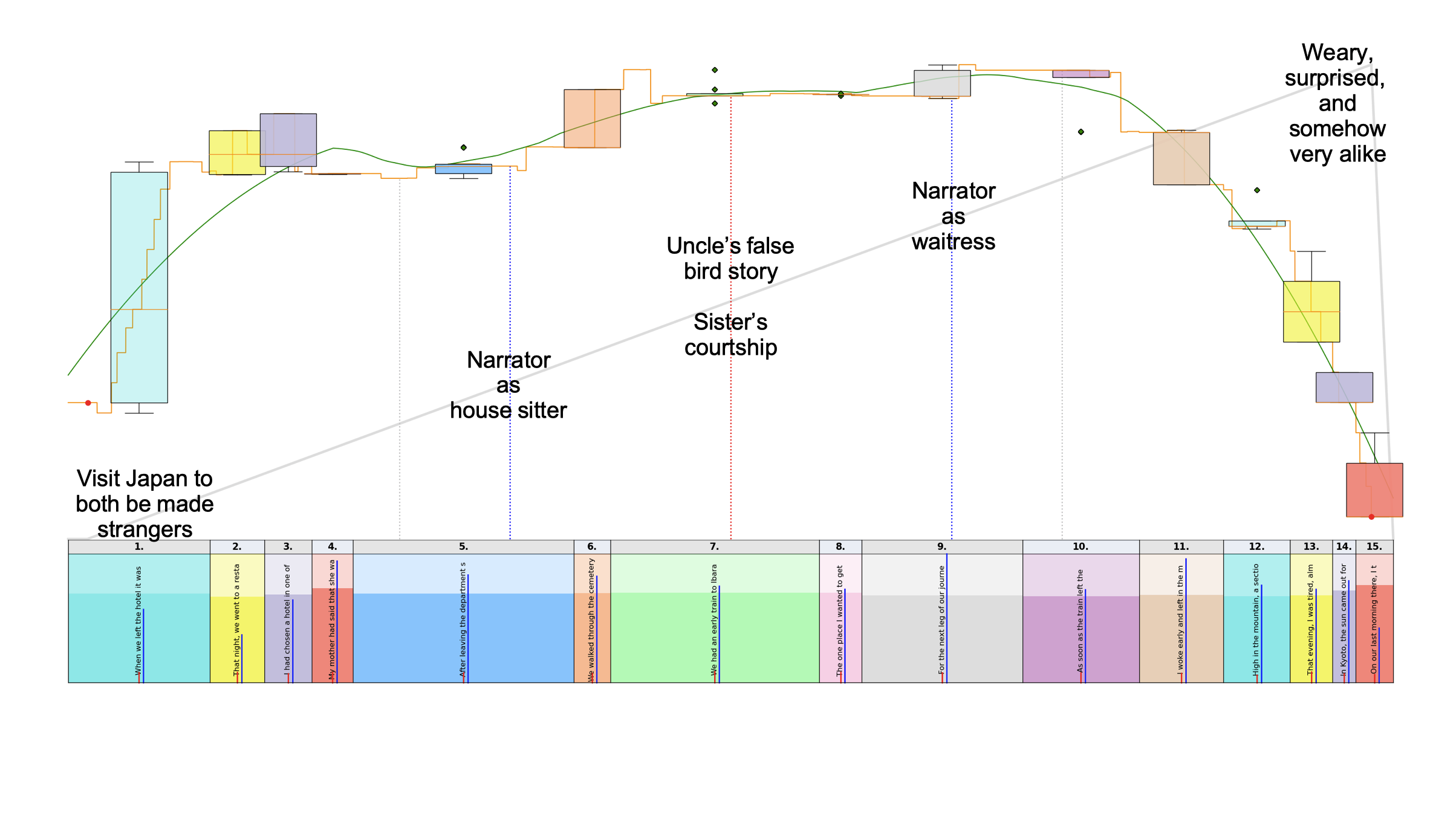Agenda
- Why We're Here / Roundtable Rules
- Introduction to Literary Forensics
- Group Discussion
- Further Study
Why We're Here
We writers want to improve our craft
by reading like a writer
We learn from each other
using Literary Forensics
Roundtable Rules
Always refer back to the book
Practice active listening & serendipity
Every feeling and observation is valid...
but not every conclusion
Always refer back to the book
Reading Teaches Writing
Meet today's author: Jessica Au
- Lives in Melbourne, Australia
- Her first novel, Cargo, was published by Picador in 2011
- From that won Kathleen Mitchell Award for a writer under 30
- Former deputy editor of quarterly journal Meanjin
- Currently a fact-checker for Aeon magazine
What do you feel?
What in the book elicited that feeling?
Every feeling and observation is valid...
but every conclusion should be questioned
We practice serendipity
- nothing is too crazy
Always refer back to the book
What do you notice?

Ekphrasis
- The written description of a work of art produced as a rhetorical or literary exercise
Writing Cold Enough for Snow
- Arose from Au's then 10-year-old short story about mother and daughter vacationing in Tokyo
- Primary story is the tension between mother and daughter
- Topics: Colonialism, Migration
- Themes: Perception, Memory, Differing Worldviews, Ekphrasis
- Written in 3 acts
- Three ways to read the book:
- - Literal journey
- - Recounted from memory
- - Wishful thinking
- Interview here
Stats & Background
- Marketing: Urban Fiction, City Life Fiction, Mothers & Children Fiction, Women's Domestic Life Fiction, Family Life Fiction
- Genre: Realistic Modern-Day Arch-Plot Medium-Form
- Print Pages: 144; Word count: 30,498
- Reading Grade: 11th; Avg. wds/sent.: 23.64
- Lexical Density: 40.22; Flesch Reading Ease: 66.26
- POV: Unnamed narrator; Person: Close 3rd; Tense: Past
- Publish date: February 15, 2022
- Publisher: New Directions
- Audio book narr.: Angela Lin (3 hours 10 minutes)
- Prizes: Inaugural Novel Prize (2022), 2023 Victorian Premier's Prize for Literature, 2023 Victorian Premier's Prize for Fiction
- Translated: Into 15 languages

